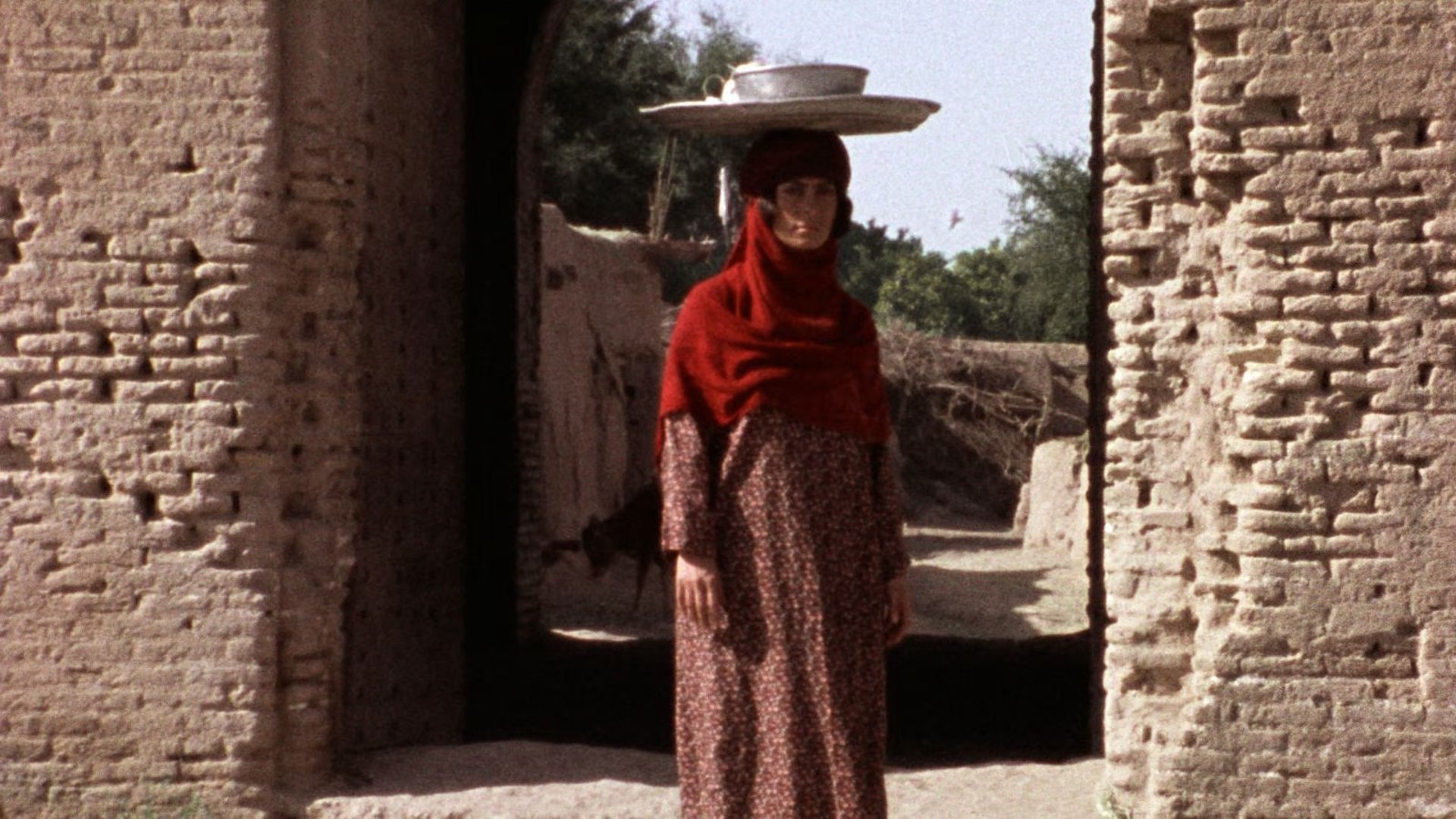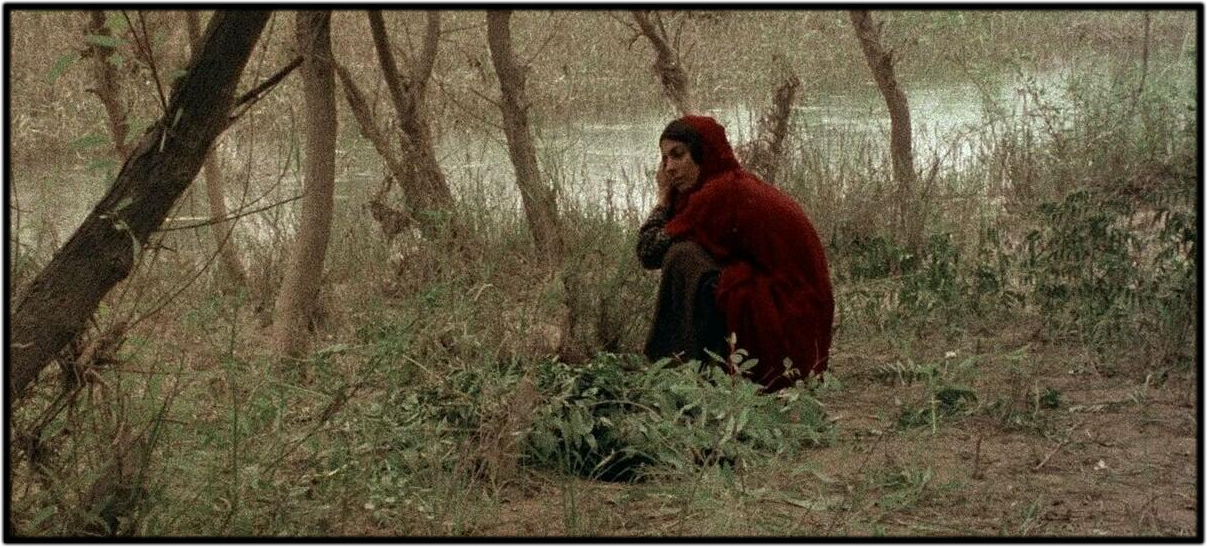
THE SEALED SOIL
Dir. Marva Nabili | Iran | 1977 | 91 min | Farsi | subtitles in English, Lithuanian
October 14th, 18:00 @Muzeoteka
Eighteen-year-old Roo-Bekheir refuses to submit to tradition – having reached marriageable age, she is pressured to choose one of a line of suitors. Her determined pursuit of independence is seen by her relatives as a sign of demonic possession, and they turn to an exorcist to rid her of such “improper” thoughts and desires. At the same time, we witness the everyday life of her family and of an entire village ordered by the authorities to relocate as part of a modernisation project. This is a story of female autonomy and of a silent inner revolution, often compared – for its attentiveness to daily life and meditative rythm – with Chantal Akerman’s Jeanne Dielman, 23 quai du Commerce, 1080 Brussels.


Iranian director Marwa Nabili’s The Sealed Soil is only the third film ever made by a woman in Iran and out of them, the earliest surviving feature film. It was made in 1976, during the reign of the Shah, who was steering the country towards Western-style modernisation, but with the Islamic Revolution of 1979 already looming on the horizon. Nabili never even attempted to screen the film in her homeland. Confronted with mistrust in a woman’s ability to direct and denied funding, she secretly shot The Sealed Soil on a shoestring budget in just six days, in a remote village, using non-professional actors and a 16mm camera. Doubting her country’s willingness to see a story set in a poor village – or to let the world see this image of Iran – she smuggled the footage out hidden in the double bottom of a suitcase, completing the editing and sound design back in New York. Nearly fifty years later, the film returns to the world’s screens thanks to digital restoration.
